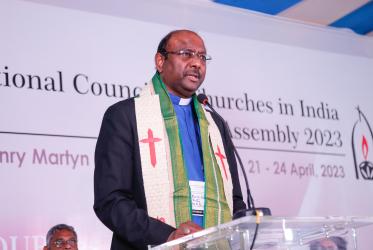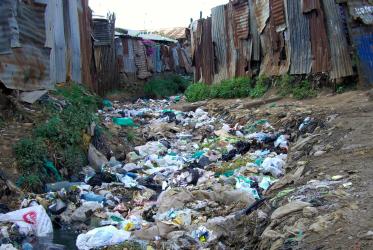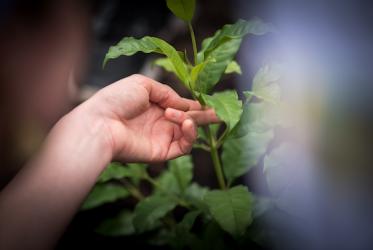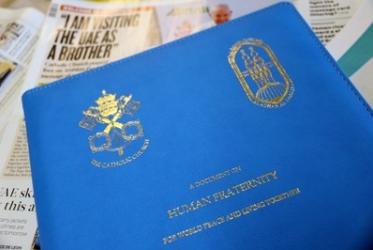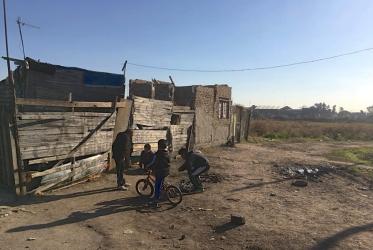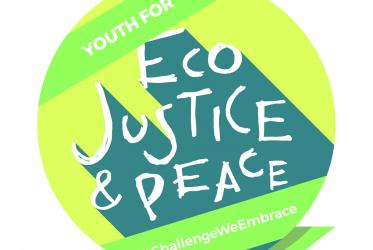Displaying 1 - 20 of 46
On World Toilet Day, sanitation is “an issue of justice”
16 November 2020
Church of South India eco-ministry featured on UNESCO website
17 February 2020
Interfaith Rainforest Initiative expands
12 February 2019
WCC Eco-School encourages youth to become eco-ambassadors
08 November 2018
#WCC70: A story of life
07 June 2018
Voices from Colombia: “What if we have no land to till?”
15 February 2018
During Lent, a “carbon fast” can honour God’s creation
09 February 2017
